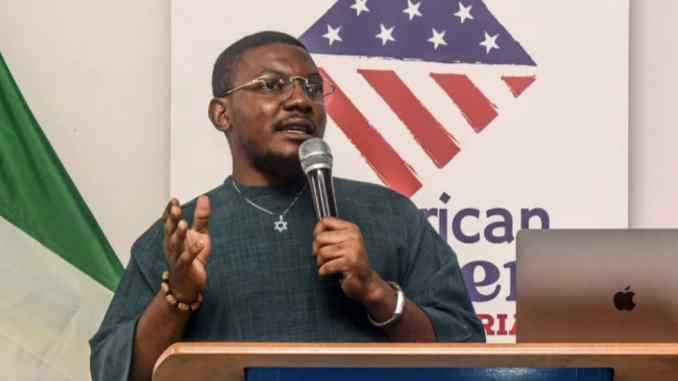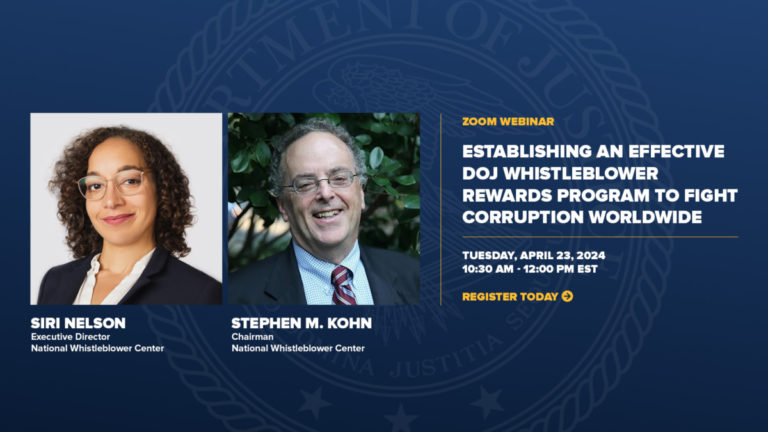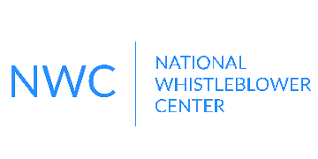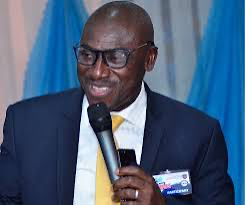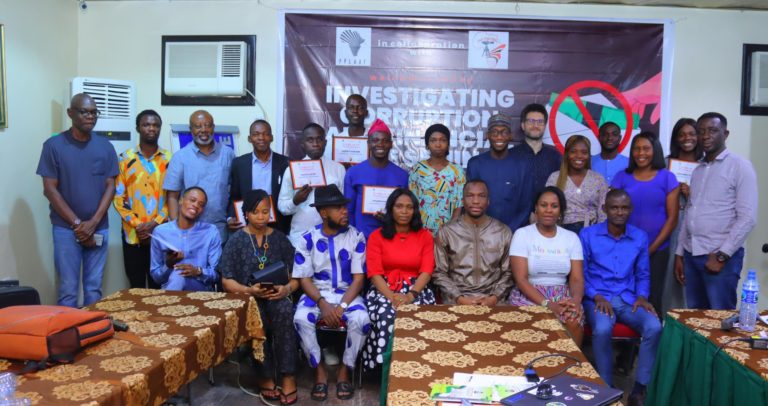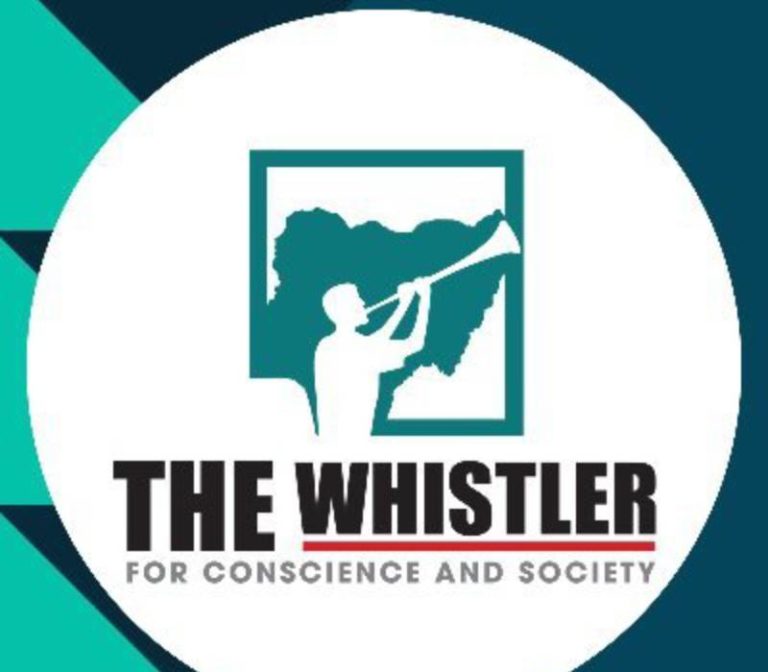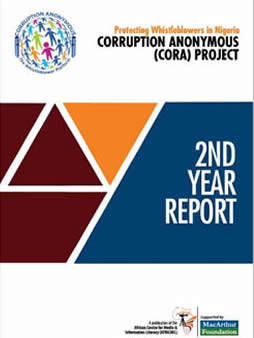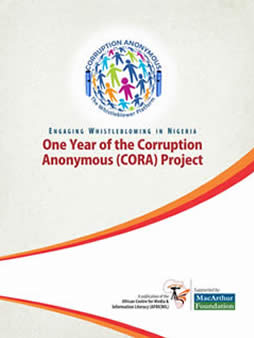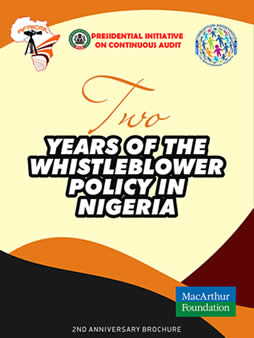Press Statement
The Resource Centre for Human Rights & Civic Education (CHRICED) has been keenly following the public debate sparked by Nigeria’s recent dismal ranking by global anti-corruption watchdog, Transparency International (TI). CHRICED finds it critical to acknowledge the modest gains recorded in the war against graft, especially the massive loot recoveries made by the Economic and Financial Crimes Commission (EFCC). Although these successes are commendable, there are other serious contradictions that have tended to undermine the progress that has been recorded.
There can be no mistaken the fact that some of these contradictions contributed in no small measure to the unflattering verdict on Nigeria by the Transparency International. In the first place, the global anti-corruption watchdog must have taken a good look at key institutions of government, and how they are faring with respect to the anti-corruption program of the government. We are sure the Transparency International does not look at quantum of money recovered, but rather focused on the commitments by states and non-states actors.
In that regards, it is not only embarrassing, but very untenable that Nigeria’s National Assembly is still being led by a man who has been repeatedly linked to several corruption scandals across the globe, including being mentioned in the Panama and Paradise papers for hiding assets in offshore tax havens. It is also common knowledge that about 50% of the nation’s treasury looters presently occupied the National Assembly, with several of them having cases of corruption hanging in their necks.
The massive stealing at the National Intelligence Agency (NIA) by its former Chairman, Ayodele Oke, and the recent allegation of serious attempt to re-loot the $44 million recovered from Oke by the presidential panel of Babagana Kingigbe, Aba Kyari and the current Director-General of NIA, will certainly not give Buhari government a pass mark on anti-graft war. The Transparency International is also not unaware of the refusal of the Department of State Security (DSS) to make available a former Director, Ita Ekpeyong and Oke for investigation by EFCC. Or is it the brazen denial of confirmation to Ibrahim Magu by the Senate in cahoots with agencies of the government that will earn the government award in the book of Transparency International?
It is similarly clear that the judicial and executive branches of the government harbor certain individuals who see any effort to kill corruption as a threat to their personal interest. If this were not so, Nigerians keep wondering how the Minister of Justice and Attorney-General of the Federation would repeatedly be taking steps to undermine the anti-graft agency, without any decisive response from the head of the government. It is shameful that a country that parades some of the best legal minds in the world keep tolerating the clueless Abubakar Malami as Attorney General of the Federation.
One marvels over why President Buhari has chosen to keep Malami with the oversized political office of AG. At the level of perception, global watch dogs like TI can see through the corruption and abuse of power by those who manipulate their closeness to the corridors of power, without being held to account. The wrong signals are also sent to the outside world, when a Pension Chief, who should be facing the law, is suddenly reinstated before intense public pressure leads to his ouster.
For most of the state governments, corruption is a huge business. In fact, it is extremely dangerous to speak against graft in some of the states where corruption has become a salt of life. This is the more reason why retirees are owed as much as 24 months pension, and the workers’ salaries remained unpaid for between 8 months to 16 months despite huge bailout funds running into trillion Naira released the Federal Government. Therefore, so long this government has become a government of no penalty; it should not expect a certificate of merit from the global anti-corruption watchdog, Transparency International.
Similarly, the anti-corruption crusade will not resonate, and have the desired impact if it does not permeate the grassroots level. CHRICED calls on the government and stakeholders to put more efforts towards deepening the anti-corruption message at the local level, so that programs like the Whistle Blower Policy can have more impact in the lives of citizens. As enunciated in the United Nations Convention Against Corruption (UNCAC) the government has a duty to evaluate its efforts against corruption. The essence of this evaluation is to come to terms with what is not working, with a view to making the necessary adjustments. In the context of the current anti-corruption crusade, there is no disputing the fact that a lot of enemies within the government are undermining efforts towards dealing a real blow to corruption. Government therefore has the lead role to play in ensuring that these adversaries of the anti-corruption crusade do not succeed.
Long live the Federal Republic of Nigeria!
Signed:
Comrade Dr. Ibrahim M. Zikirullahi
Executive Director







